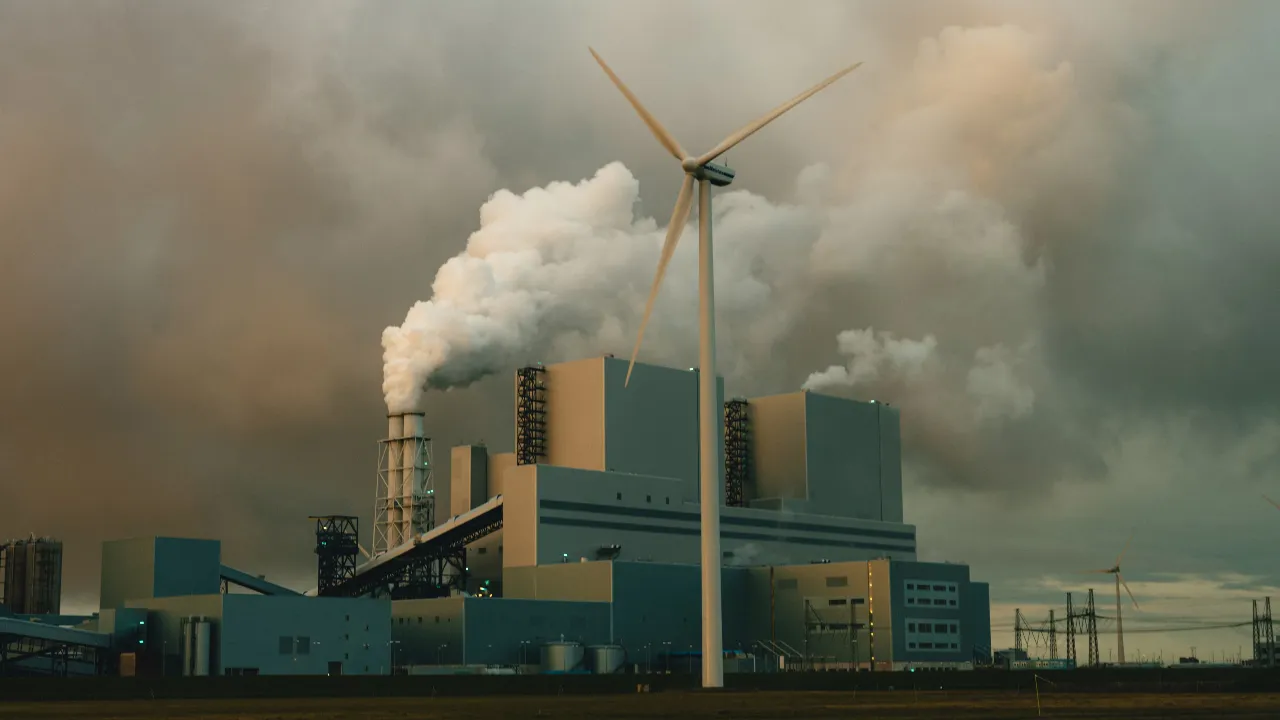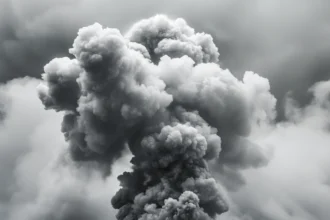Rich People Cause Most Climate Change, New Study Shows
Have you ever wondered who is really responsible for climate change? A new study has found something very surprising. According to NDTV, the richest people in the world cause most of our climate problems. Scientists from different countries worked together and published their findings in the Nature Climate Change journal.
The study shows that the top 10% wealthiest people caused two-thirds of all global warming since 1990. This means a small group of rich people have changed our planet’s temperature more than everyone else combined.
Who Did This Research?
Sarah Schongart from ETH Zurich in Switzerland led the study with help from scientists in four different countries. Her team included Carl-Friedrich Schleussner from the International Institute for Applied Systems Analysis in Austria. They looked at how different groups of people affect our climate.
The researchers carefully studied how people’s lifestyle choices and money investments create carbon emissions. Carbon emissions are the gases that trap heat in our atmosphere – like the glass walls of a greenhouse.
How Different Groups Affect Our Climate
| Wealth Group | Climate Impact | Source |
|---|---|---|
| Richest 1% | 26 times more heat extremes than average person | Benzinga |
| Richest 10% | Caused 65% of temperature rise since 1990 | Carbon Brief |
| Richest 10% | Created 48% of all CO2 in 2019 | World Inequality Lab |
| Poorest 50% | Almost no effect on global warming | Nature Climate Change study |
In India, the top 1% richest people produce about 31.7 tonnes of CO2 per person each year. This is much less than rich people in countries like the US, Australia, and Saudi Arabia, who create over 180 tonnes per person, according to Oxfam International.
Where Do We See The Biggest Problems?
The harmful effects of these emissions hit hardest in places that have done very little to cause the problem. According to ScienceAlert, the richest 1% contribute 17 times more to droughts in the Amazon rainforest than the average person.
- The Amazon, Southeast Asia, and southern Africa face the worst impacts
- Rich people’s emissions have caused crop failures affecting food for 46 million people yearly
- Latin American countries suffer especially badly from these effects
- Poor communities face more dangerous heat waves but created almost none of the problem
Yale e360 reports that wealthy people increase emissions in two main ways: through their personal energy use (like private jets and multiple homes) and through their investments in fossil fuel companies.
What The Experts Say
Sarah Schongart, who led the research, explained: “Our study shows that extreme climate impacts are not just the result of abstract global emissions, instead we can directly link them to our lifestyle and investment choices, which in turn are linked to wealth.” This means we can clearly see who is responsible.
Carl-Friedrich Schleussner, another important researcher, added: “If everyone had emitted like the bottom 50 per cent of the global population, the world would have seen minimal additional warming since 1990.”
- The study suggests focusing on the money and investments of rich people could help solve climate problems
- By 2030, the richest 1% will produce 30 times more emissions than what’s safe for our planet
- Meanwhile, the poorest half of humanity will stay below the safe limit
- Changing how the wealthy spend and invest could make a big difference
The research team believes we should look closely at how rich people use their money if we want to fix climate change. Their financial choices affect everyone, especially people living in vulnerable tropical regions who did very little to cause these problems.
So next time you hear about climate change, remember that not everyone shares the same responsibility. Do you think wealthy people should make bigger changes to help our planet? The answer seems clear from what the science tells us.











